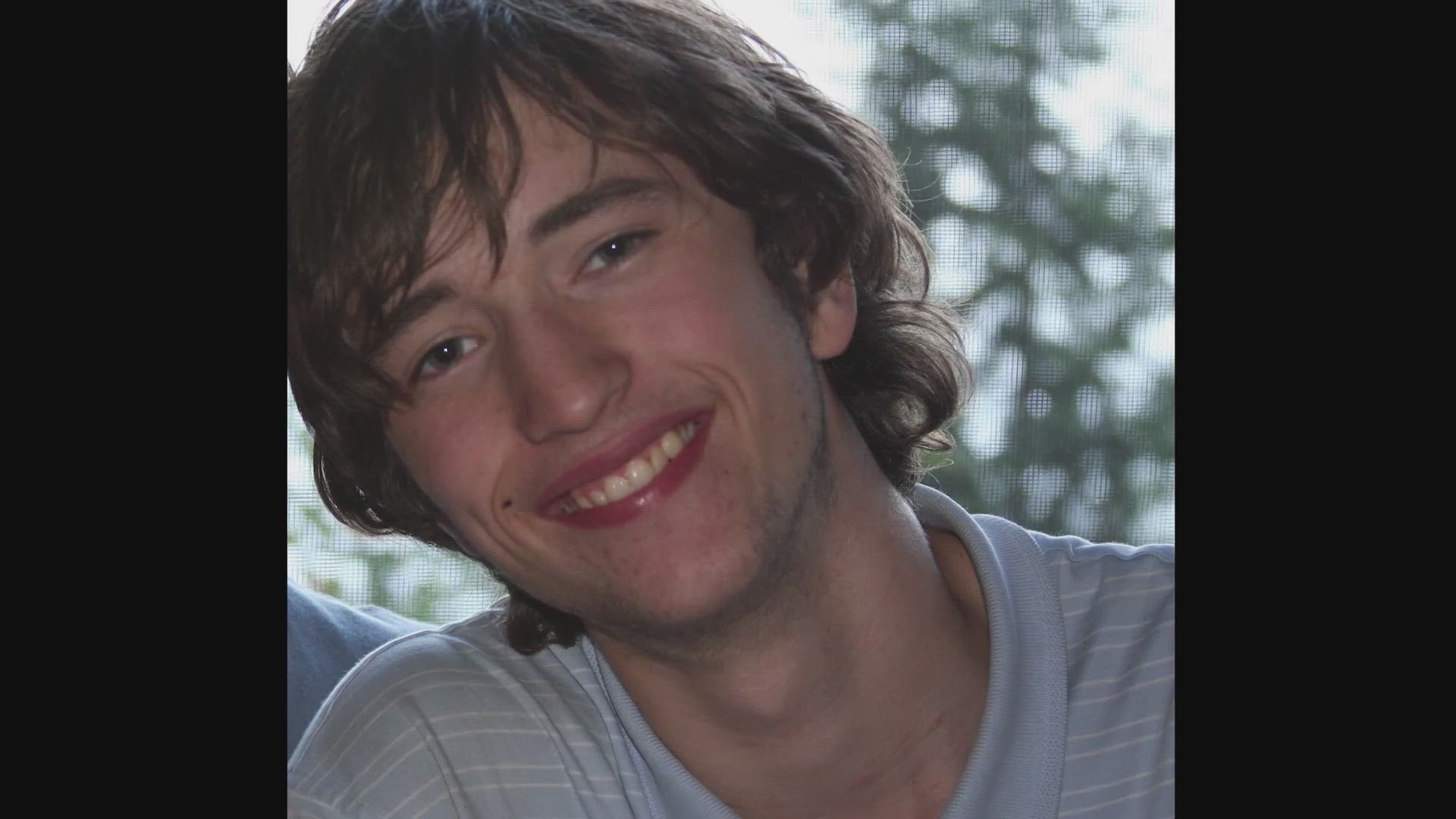SEATTLE — Despite being put in place 20 years ago by the Washington Legislature, some mental health advocates say that mental health advance directives are not being well utilized in the state.
Mental health advance directives are documents people fill out to explain how they want to be treated and cared for during a mental health crisis.
Todd Crooks, with Chad’s Legacy Project, is one of the people who has been pushing for better usage of this resource. Crooks lost his 21-year-old son named Chad to suicide in 2016. Chad had been struggling with schizophrenia.
“Eventually, with the schizophrenia, he just lost hope because care was just stagnant. It was hit or miss, and he saw himself dealing with this for the rest of his life,” shared Crooks.
It’s a feeling Crooks wants no one else to experience, which is why he and his wife Laura created Chad’s Legacy Project to break the stigma of mental health issues and advocate for more resources that can help families and those struggling.
“He had access to care, but the care didn't help him,” said Crooks. “And when we reached out for parent resources, they just, they didn't happen for us either.”
One resource they are advocating for is better use of mental health advance directives. He said when they were created 20 years ago it was seen as landmark legislation, but that the proper technology was not available and steps were not taken to make sure this resource was accessible to the public and providers.
“Without these other bigger pieces, it was always left to be just some voluntary document that really never got used,” said Crooks.
Chad’s Legacy Project is part of a workgroup to create an easy-to-access repository of these documents for providers, raise awareness of their existence, and train providers to help people fill them out. Crooks said if these goals can be reached, these documents could be an important mental health resource for the future.
“It has to be something that a provider can just look up without having to fish for 30 minutes to try to have somebody bring the document down to the hospital or to the community behavioral health center,” said Crooks.
This year they had hoped to get the state to pass Senate Bill 5660 which would have called on the Health Care Authority to convene a formal Mental Health Advance Directive Effective Implementation Work Group, but it did not happen.
“We're not waiting another year,” said Crooks. “We've got the people in place to get it done. It'll be a little harder, but we'll get it done.”
Gail Kogle, who is with the Office of Behavioral Health Advocacy, is also a part of the workgroup and says these documents are underutilized.
“I would say it's less than 1% of people who could use them, know about them,” said Kogle.
She said the document gives people a say in their care and allows them to share important details that they may not be able to express during a crisis.
“For example, what kind of medications work? What kind of medications don't work? Who can visit? Who can't visit? Who's already on my care team?” explained Kogle.
The workgroup is hoping to launch a pilot program for a mental health advance directive repository and training in two counties within the next six months and then plan to expand statewide so that people have resources and hope.
“Not just fix a system, but build a new system that makes it so it's easier to get care, so it's easier to see what recovery looks like in the end,” said Crooks.

